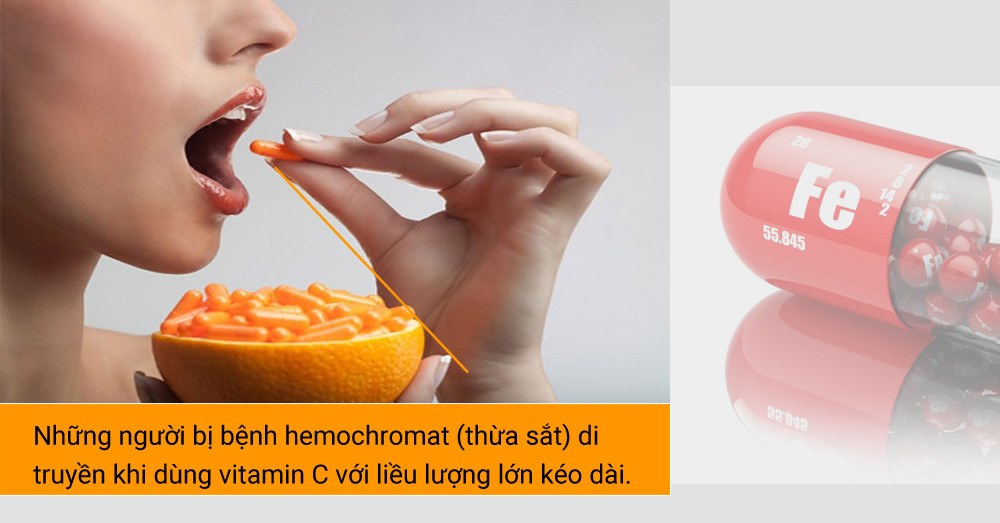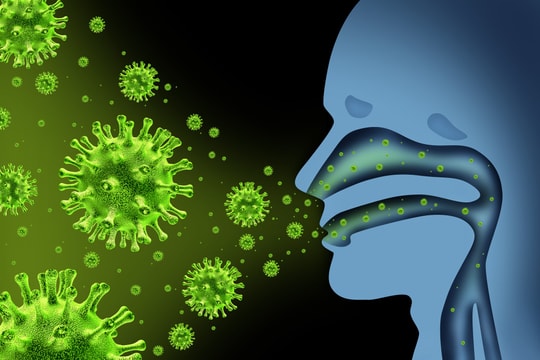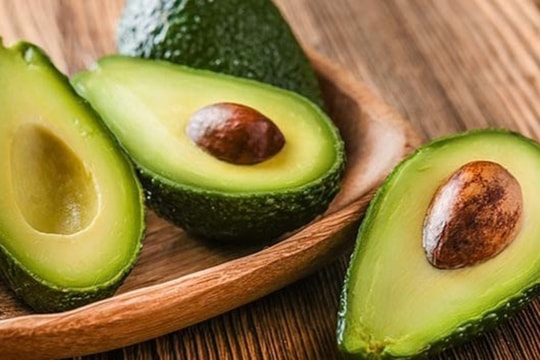6 potential diseases when "consuming" too much vitamin C
(Baonghean.vn) - Vitamins are essential for the body to form collagen in bones, cartilage, restore tissues and heal wounds. Vitamin C is abundant in citrus fruits; each day, the body should only absorb a maximum of 60 - 90mg of vitamin C per adult, 40mg per child... Below are some potential diseases that can easily occur when "consuming" too much vitamin C.
 |
| 1. Digestive problems.This is the most common side effect of taking too much vitamin C, especially when taken on an empty stomach, due to the absorption of the vitamin in the digestive tract. Stomach pain, nausea and diarrhea are very likely to occur when vitamin C is not absorbed properly. |
 |
| 2. Risk of kidney stones. Kidney stone compounds called oxalates are created when vitamin C is metabolized. People with a history of kidney problems should stay away from high-dose vitamin C supplements... Medical studies show that people who take about 1,000mg of vitamin C have a higher risk of kidney stones than those who take only 100mg per day. |
 |
| 3. Excess iron.One of the great properties of vitamin C is that it can increase the body's ability to absorb iron. However, this becomes a problem for patients with hereditary hemochromatosis (iron overload). These people can develop iron toxicity, tissue damage when taking large doses of vitamin C for a long time. |
 |
| 4. Skin rash.One of the adverse reactions due to excess vitamin C is skin rash. This occurs mainly in young children; it appears externally like an allergic reaction. |
 |
| 5. Cardiovascular disease.Vitamin C has antioxidant properties - which are factors that help prevent and protect the body from certain diseases. Studies have shown that high vitamin C supplements may be a cause of cardiovascular disease, especially in people who already have underlying disease risks. |
 |
| 6. Causes blood thinning.Vitamin C has been found to cause adverse reactions with certain medications. High doses of vitamin C can interfere with the blood thinning properties of anticoagulants. Doctors recommend that people taking anticoagulants should not take more than 1 gram of vitamin C per day. |








